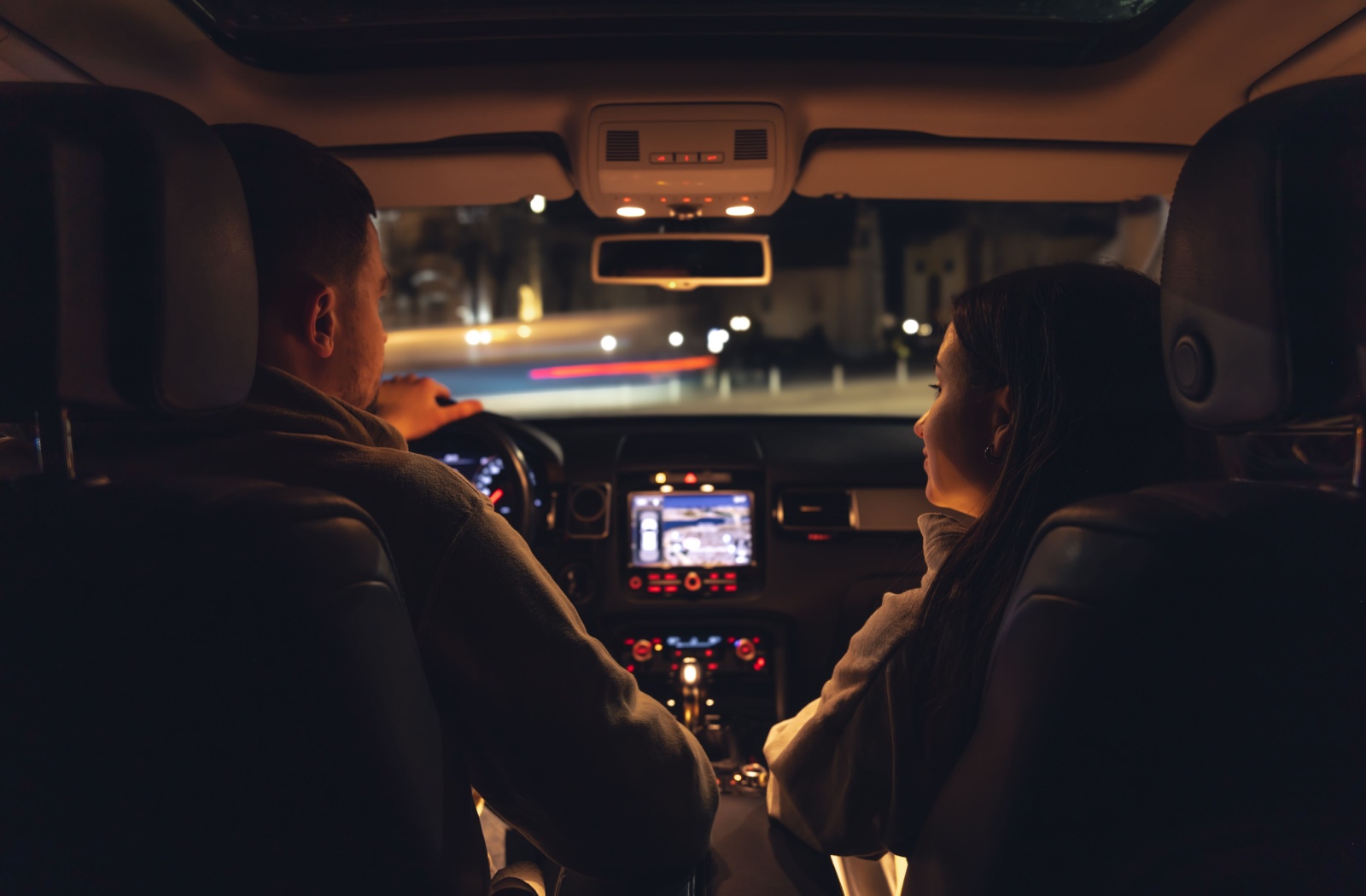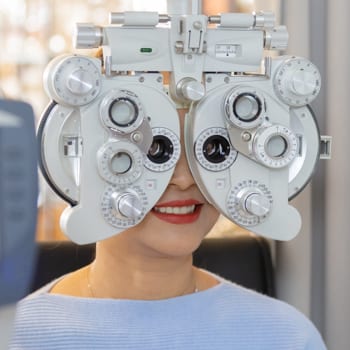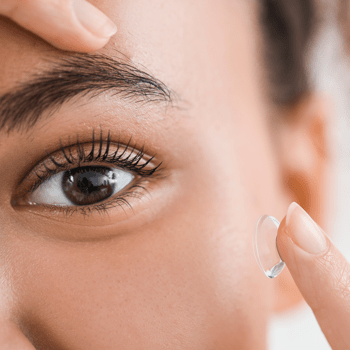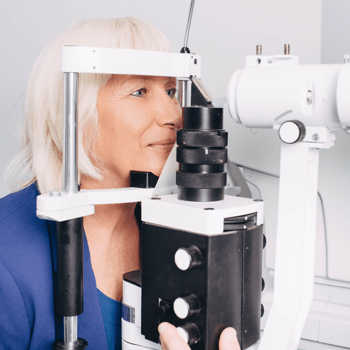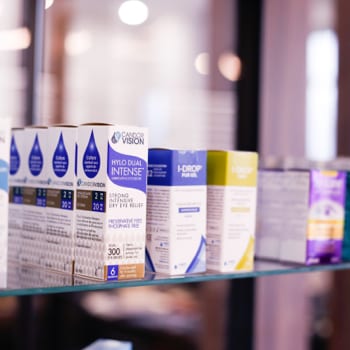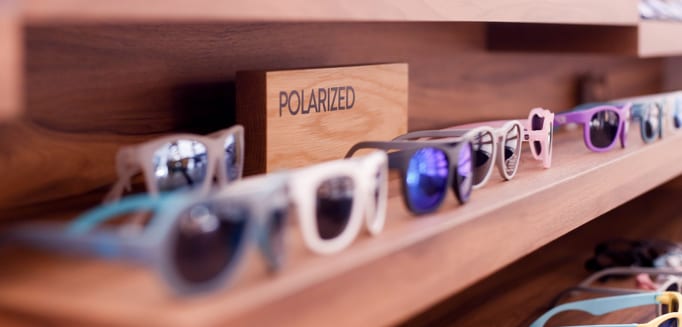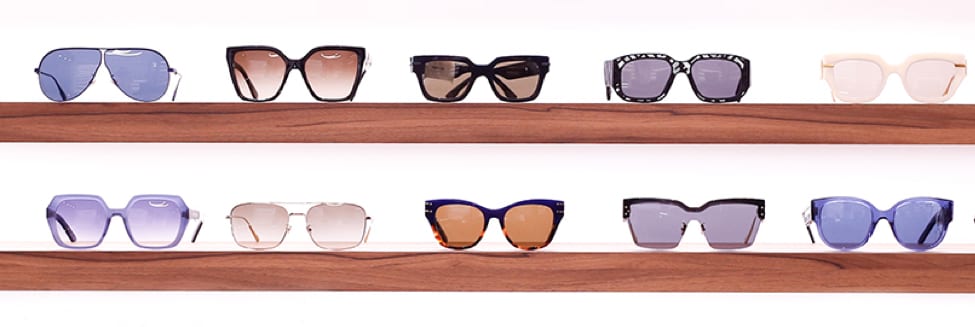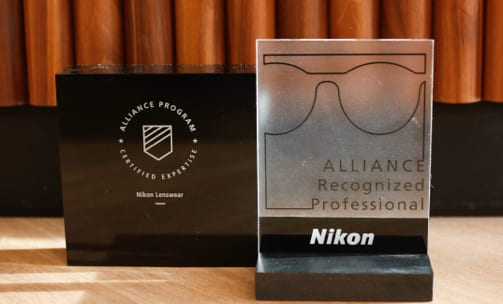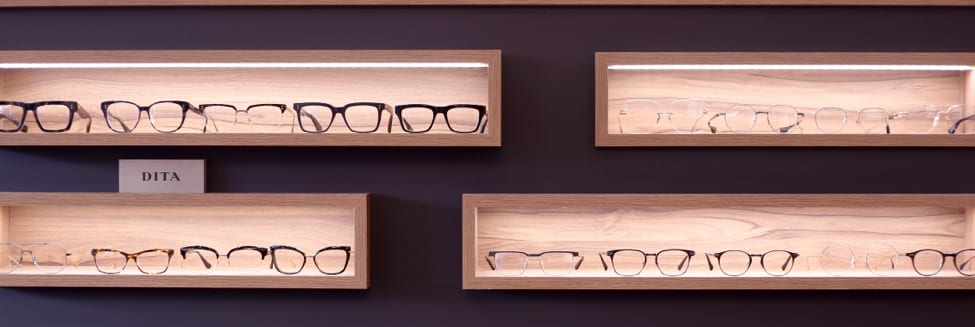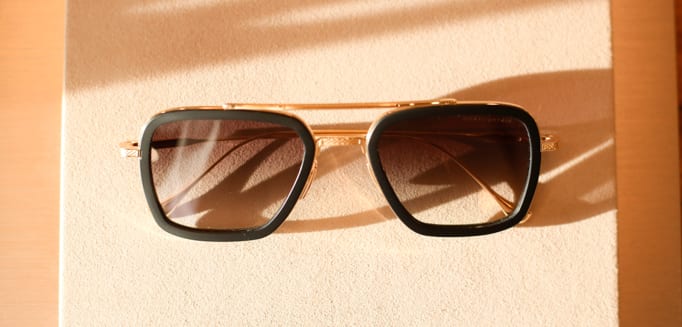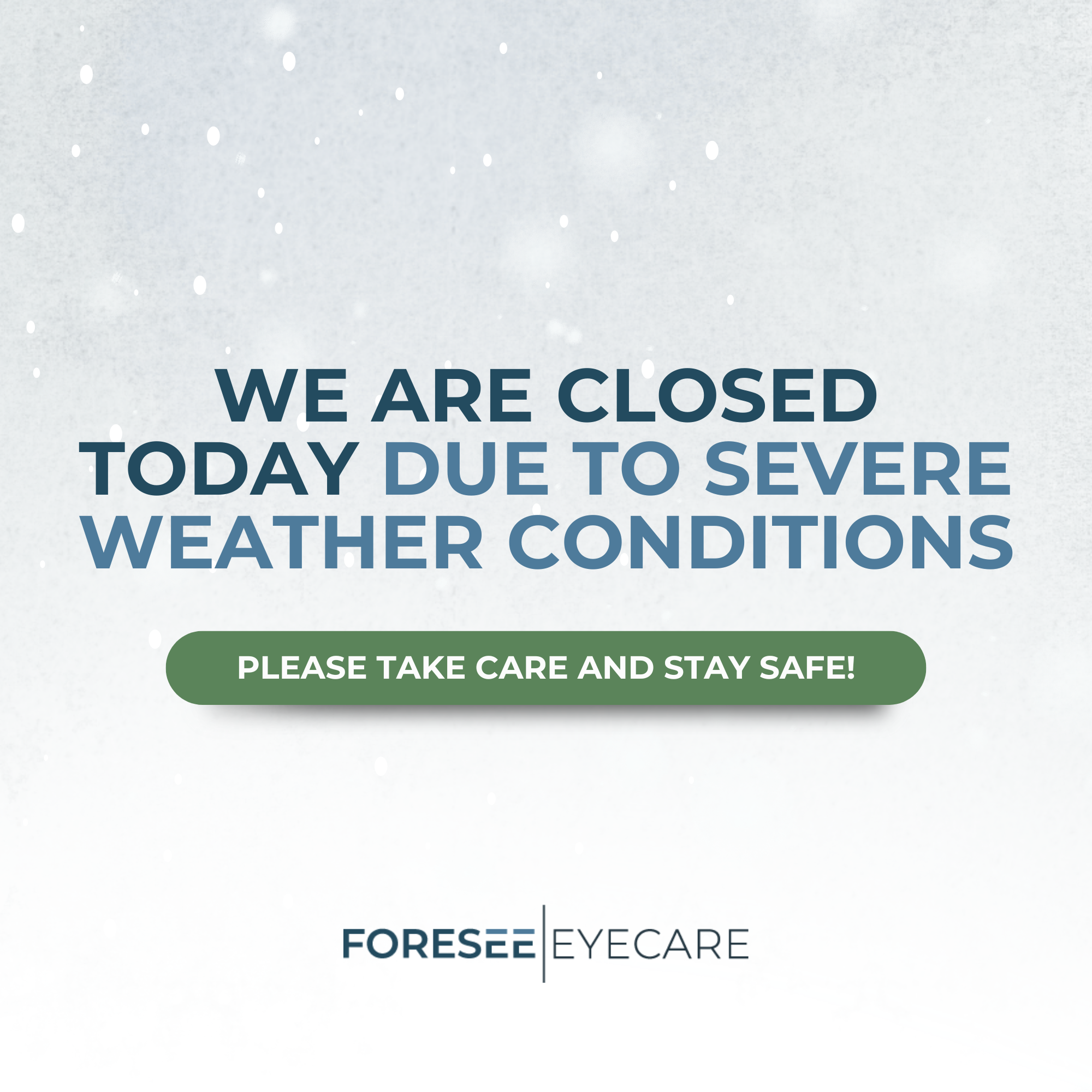Driving at night can be a completely different experience compared to driving in daylight hours. For instance, headlights from oncoming vehicles might feel blinding, and subtle changes in the road’s surface can be harder to detect. If you’ve ever felt your confidence waver behind the wheel at night, know that you are not alone.
But you don’t have to settle for an uneasy experience once the sun goes down.
Your nightly drives should feel just as manageable as any other time you’re on the road. Fortunately, there are steps you can take to make night driving easier. You can see better when driving at night by avoiding eye fatigue and using specialized eyewear such as anti-reflective lenses. Sometimes, minor vision issues can worsen at night, but your optometrist can look for these changes during a comprehensive eye exam.
How Vision Changes at Night
Ever wonder why it takes a moment to adjust when moving from a brightly lit room to a dark one? This process, called dark adaptation, is the result of your eyes adjusting to low-light conditions. Your pupils dilate to allow more light in, and the rod cells in your retina become more active in order to help you perceive shapes, motion, and subtle contrasts.
However, night vision isn’t perfect and doesn’t offer the same clarity as daylight vision. Age, environmental factors, and vision conditions such as astigmatism can make your eyes slower or less effective at adapting, making nighttime driving daunting for many. Added to this, as we age, natural changes in our eyes like reduced pupil responsiveness, cataracts, or yellowing of the lens make night driving increasingly challenging.
For many people, these conditions don’t just mean minor inconveniences; they can make night driving genuinely difficult.
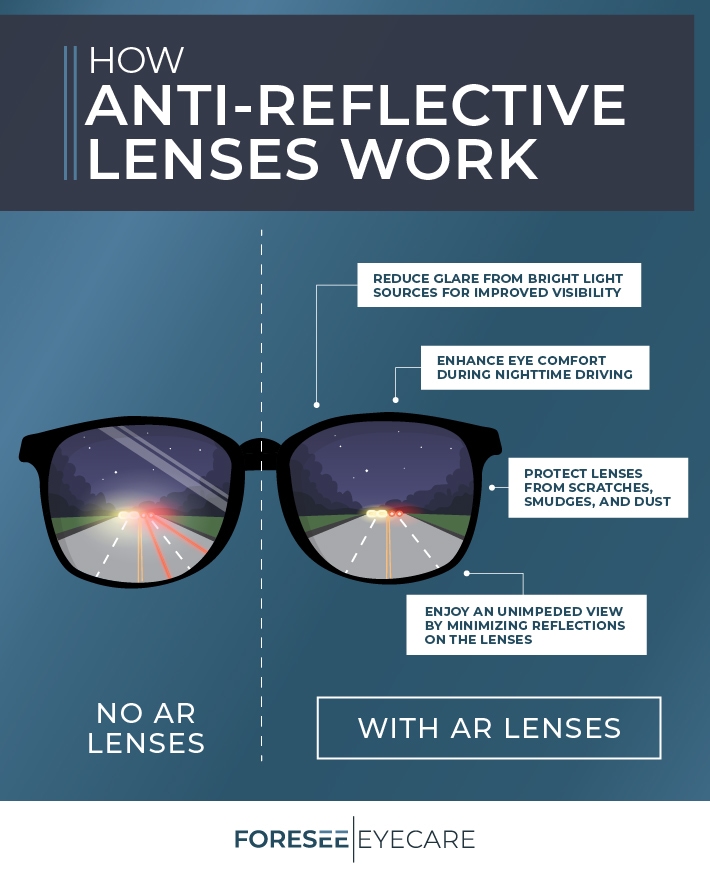
Why Is It Hard to See at Night?
Driving always requires focus and precision, but at night, the difficulty only increases. That’s why accidents are 3 times more likely when driving at night. Here are some of the challenges nighttime drivers face:
Reduced Visibility
Low light reduces your ability to see road signs, spot pedestrians, and identify potential hazards. This is because our rod cells, which are more active in the dark, are not as effective at detecting finer details like colour or sharp edges. Depth perception, peripheral vision, and the ability to judge distances also diminish, making identification of obstacles more difficult.
Glare
Bright lights from oncoming traffic, reflective street signs, and LED or halogen headlights can intensify glare, scattering light inside your eyes and reducing contrast. Your pupils will often try to contract in response, but doing so isn’t enough to block glare entirely. Plus, as your pupils contract, you’re losing a lot of the night vision you need in order to see past the glare.
For people with uncorrected astigmatism or cataracts, this glare becomes even more debilitating, causing hazy, distorted vision.
Eye Strain & Fatigue
Night driving doesn’t just strain your eyes, it can be exhausting for your entire body. Focusing in dim lighting strains the eye muscles responsible for sharp vision, and after a long day, eye fatigue can set in quickly. Not to mention, if you’re driving between streetlamps, your eyes will have to constantly adjust to rapidly changing light levels. This combination can reduce reaction times and make concentrating during nighttime drives feel like a monumental effort.
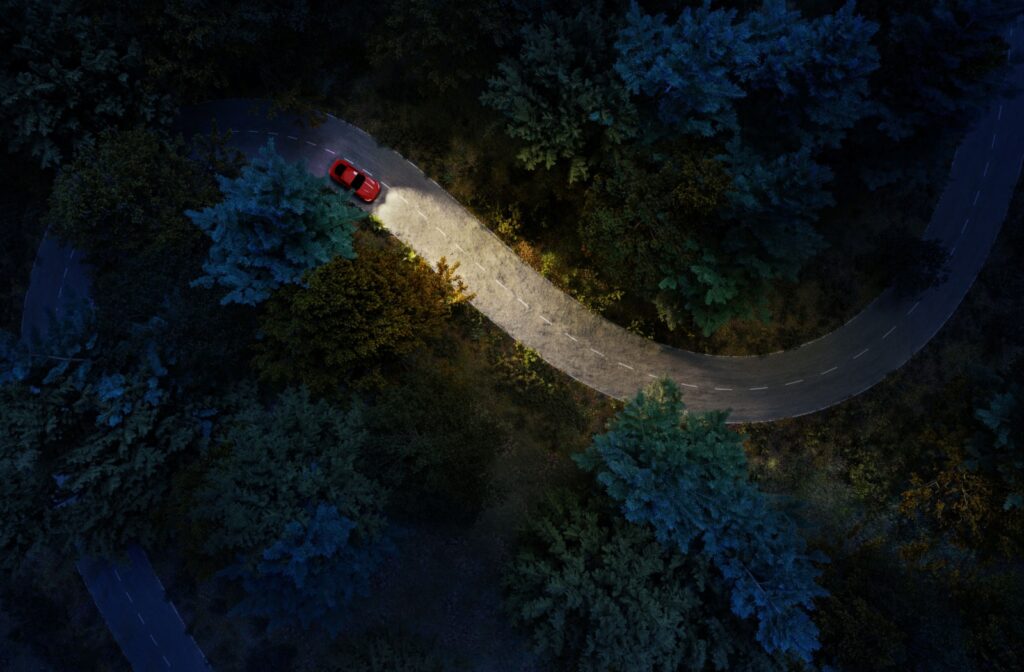
How to See the Road Better at Night
You don’t have to limit your drives to daytime hours. There are steps you can take to make nighttime driving more manageable, safer, and less taxing on your vision. Here are some general tips anyone can use:
- Clean your windshield & mirrors: Dust, smudges, and grime can worsen glare. Clean surfaces provide a clearer view and reduce distractions.
- Adjust your headlights: Properly aligned headlights help with visibility without blinding oncoming drivers. Regularly check that they are functioning correctly.
- Drive defensively & avoid speeding: Reduced visibility at night means slower reaction times. Keeping a safe distance and maintaining a controlled speed gives you more time to respond.
- Utilize high beams wisely: When driving on very dark roads without oncoming traffic, high beams can improve visibility. Dim them promptly when other vehicles are nearby.
- Take breaks if you feel tired: Fatigue can impair your ability to focus and react. Resting or switching drivers, if possible, helps you stay alert and safer on the road.
Safe habits can only go so far when the issue is with your vision. The right eyewear can transform how you see and feel on the road after dark. If you wear glasses, consider lenses with an anti-reflective coating to reduce glare from headlights, streetlights, and other reflective surfaces.
These specialized lenses minimize reflections from the front surface of your glasses, allowing more light to pass through to your eyes.
- How They Work: AR coatings neutralize the reflections caused by headlights, streetlights, and other bright sources. This significantly improves how well you see in low-light conditions.
- Benefits for Night Driving: AR lenses reduce distracting halos around lights, improve clarity, and minimize eye strain, helping you stay alert and focused. If you spend considerable time driving at night, these lenses could be an essential tool.
Do Yellow Night-Driving Glasses Actually Work?
Yellow-tinted night driving glasses are often marketed as the ultimate solution for nighttime vision challenges. However, they fall short of delivering on that promise. While the yellow tint may enhance contrast in daylight conditions, it reduces the total amount of light entering your eyes. This makes already low-light environments even darker, creating further difficulty seeing fine details on the road.
It’s best to skip the yellow-tinted glasses. Instead, invest in anti-reflective lenses specifically designed to meet the demands of nighttime driving.
A Clearer & Safer Drive Starts Here
Night driving doesn’t have to feel like a formidable task. When you have the right tools to address these challenges, you can turn those tense nighttime commutes into safer, more manageable experiences. Foresee Eyecare is here to help you get those tools.
Don’t let astigmatism or glare sensitivity stop you from driving at night! Whether you’re looking for anti-reflective lenses or a comprehensive eye exam to assess your vision needs, our knowledgeable team is ready to help.
Take the first step towards clearer vision at night. Book your appointment today and discover how we can help you drive with confidence after dark. Your brighter nights are only a click away.

